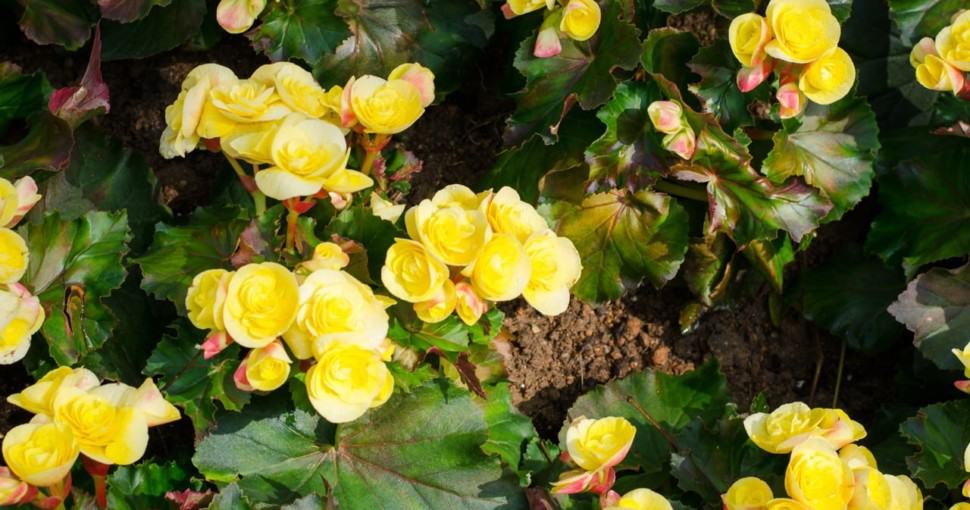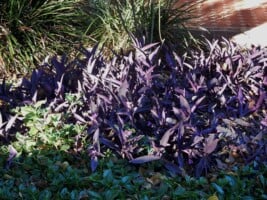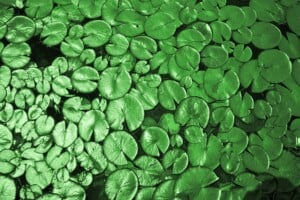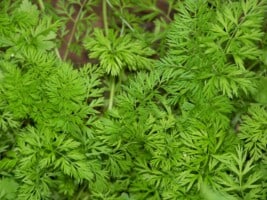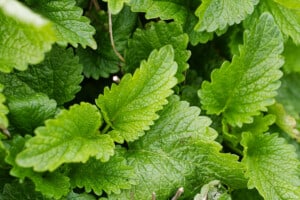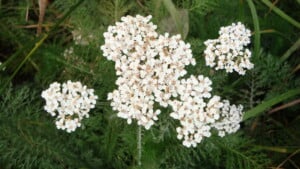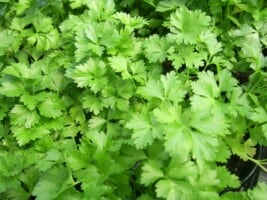Begonias are beautiful, bearing multiple blooms on a single plant. Their long blooming season from early summer to the first frost makes them popular with gardeners who want to liven up their gardens with color. They are also popular plants to grow in pots on porches and the house. If you have pets and toddlers, it is essential to consider the toxicity of begonias.
Contents
Begonias are toxic, containing calcium oxalates and cucurbitacin B. The toxins are concentrated in the tubers, making them the most toxic part of the plant. Begonias are poisonous to people and animals, but there are few incidences of poisoning as the plant produces a burning sensation and is bitter.
There are five subgroups comprising many different begonias, which provide avid plant lovers with a wide variety to choose from. All of these contain calcium oxalate and cucurbitacin B.
Also read: Begonia Alternatives
What Toxins Do Begonias Contain?
Begonias contain calcium oxalates and cucurbitacin B in all parts of the plants. The highest concentration is found in the tubers, making them the most problematic part of the plant in poisonings.
Calcium oxalates are produced as crystals in the vacuoles of cells known as crystal idioblasts. Plants usually have their cells arranged so that similar cells are located next to each other. Idioblasts are cells that are different in structure and function from the surrounding cells.
Crystal idioblasts produce sharp needle-shaped crystals of calcium oxalate, which have a variety of functions. One of the functions of the calcium oxalate crystals is to act as a protective mechanism for plants.
Calcium oxalate is toxic to plants as well as animals. This problem is overcome by binding the chemical into crystals that can be used to benefit the plant without any harmful side effects.
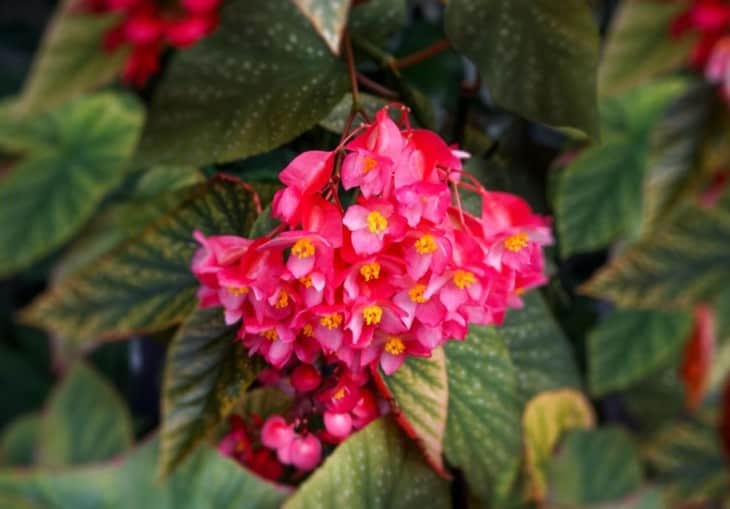
We might not consider herbivores as particularly dangerous, but the plants would disagree.
We do not generally think of plants as having any way of protecting themselves as they have no horns, teeth, or feet to run away with. Plants use chemicals to protect themselves from animals that might eat them.
When an animal takes a bite of begonia, the calcium oxalate crystals pierce the membranes of the mouth, creating an unpleasant stabbing burning sensation which usually prevents a second bite.
Cucurbitacin B is found in several plants, including begonias. It has a bitter taste to discourage animals from eating the plant or fruit.
Begonias are not the only plant to contain cucurbitacin. Some squashes contain it, and poisoning resulting from the ingestion of cucurbitacin is known as toxic squash syndrome. Interestingly it has been found that plants stressed by drought or high temperatures produce higher levels of cucurbitacin.
What Are The Symptoms Of Begonia Poisoning In People?
A bite of begonia will cause a painful burning mouth due to the calcium oxalates. The effect is immediate, and most people would spit out the plant material in their mouths. If the begonia is chewed and swallowed, the pain and burning will extend into the throat and stomach.
Other symptoms resulting from calcium oxalate exposure would include:
- Nausea
- Vomiting
- Swelling of the throat and mouth
- Sores in the mouth
- Difficulty eating and drinking due to mouth pain could lead to dehydration.
Symptoms of cucurbitacin ingestion include:
- Nausea
- Vomiting
- Diarrhea
- Hair loss several weeks after the poisoning episode.
Anyone who handles begonias, tearing off leaves, or tubers should do so while wearing gloves to prevent irritation in the skin of the hands.
Are Begonias Toxic To Dogs?
If a dog eats any part of a begonia, it will experience symptoms of toxicity. Fortunately, due to the bitter taste and mouth burning, begonia poisoning in dogs is rare. It must be borne in mind, though, that dogs can behave strangely at times, and an unruly, incautious puppy or curious dog may eat a begonia, despite the deterrents.
The leaves and flowers will result in milder symptoms than if the tuber is eaten. Symptoms of begonia poisoning in dogs would show in the following manner:
- Drooling
- Pawing at the mouth
- Attempts to drink water but turns away when the water comes into contact with the oral membranes.
- Oral sores
- Nausea
- Vomiting
- Difficulty swallowing
- Inability to eat
- Dehydration
Are Begonias Poisonous To Cats?
Cats are even less likely to eat begonias than dogs as they are naturally more cautious and less inclined to chew. However, never say never when dealing with animals. So if your cats should chew on a begonia, you could expect to see the following symptoms:
- Salivation
- Lip licking
- Swollen lips and tongue
- Pawing at the mouth
- Nausea
- Vomiting
- Inability to eat or drink
- Dehydration
Are Begonias Toxic To Grazing Animals?
Begonias are extremely toxic to grazing animals and can cause serious and potentially fatal poisoning. Symptoms include bloody diarrhea, pain, distress, and kidney failure. Begonia ingestion in grazing animals results in low calcium levels, which can cause cardiac arrhythmias and heart failure.
Horses are prone to colic, and eating begonias would trigger a severe colic episode which may result in the death of the horse. It is best to uproot begonias in any areas where livestock may have access to them as they pose a potentially fatal threat to the animals.
What Should I Do If My Animals Or Children Eat Begonias?
Remove any plant matter from the animal or child’s mouth and rinse the mouth with as much water as possible. It is critical to do this carefully so that you do not accidentally cause your animal or child to inhale water into the lungs.
Milk or yogurt may help to ease the pain. Antihistamines are helpful, but you should contact your local poison helpline, doctor, or veterinarian if you are uncertain what to do with your child, dog, or cat. If only minimal amounts of the plant were eaten, you might be able to manage the symptoms at home.
Any herbivores that ingest begonias should be seen by a veterinarian as soon as possible. They will need kidney support, calcium infusions, pain, and colic management.
Conclusion
Begonias are poisonous to people, dogs, cats, and other animals. They are seldom eaten in large quantities due to the irritation caused by chewing the plant. It is always best to get medical advice if your child or animal has eaten something it should not have.

